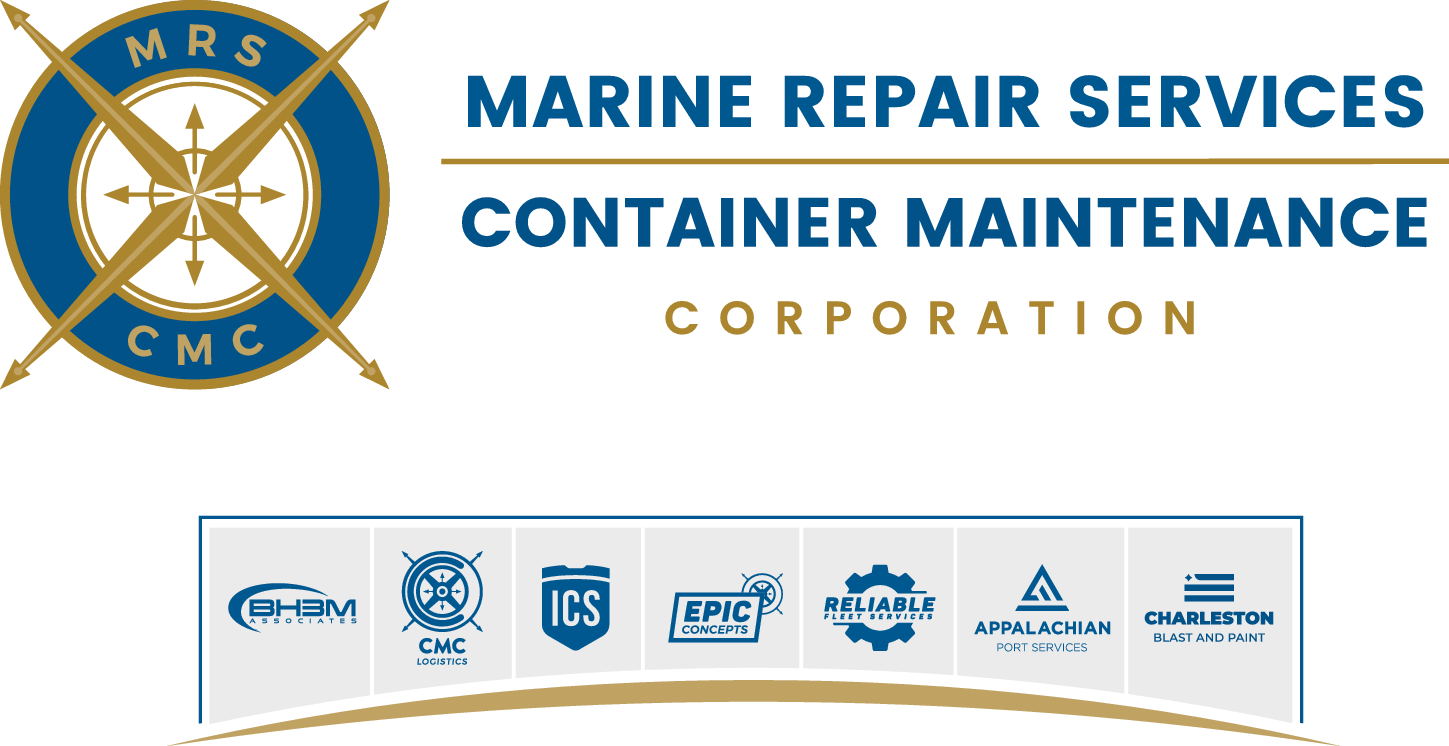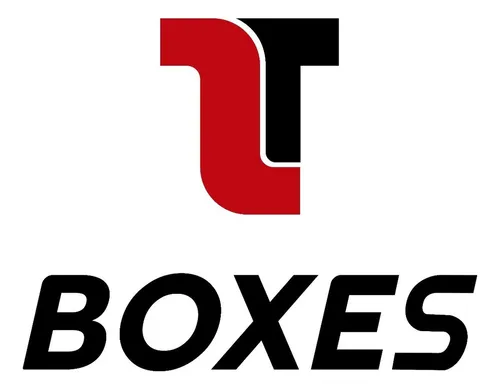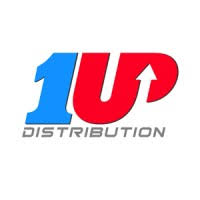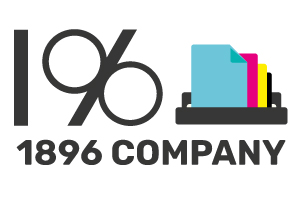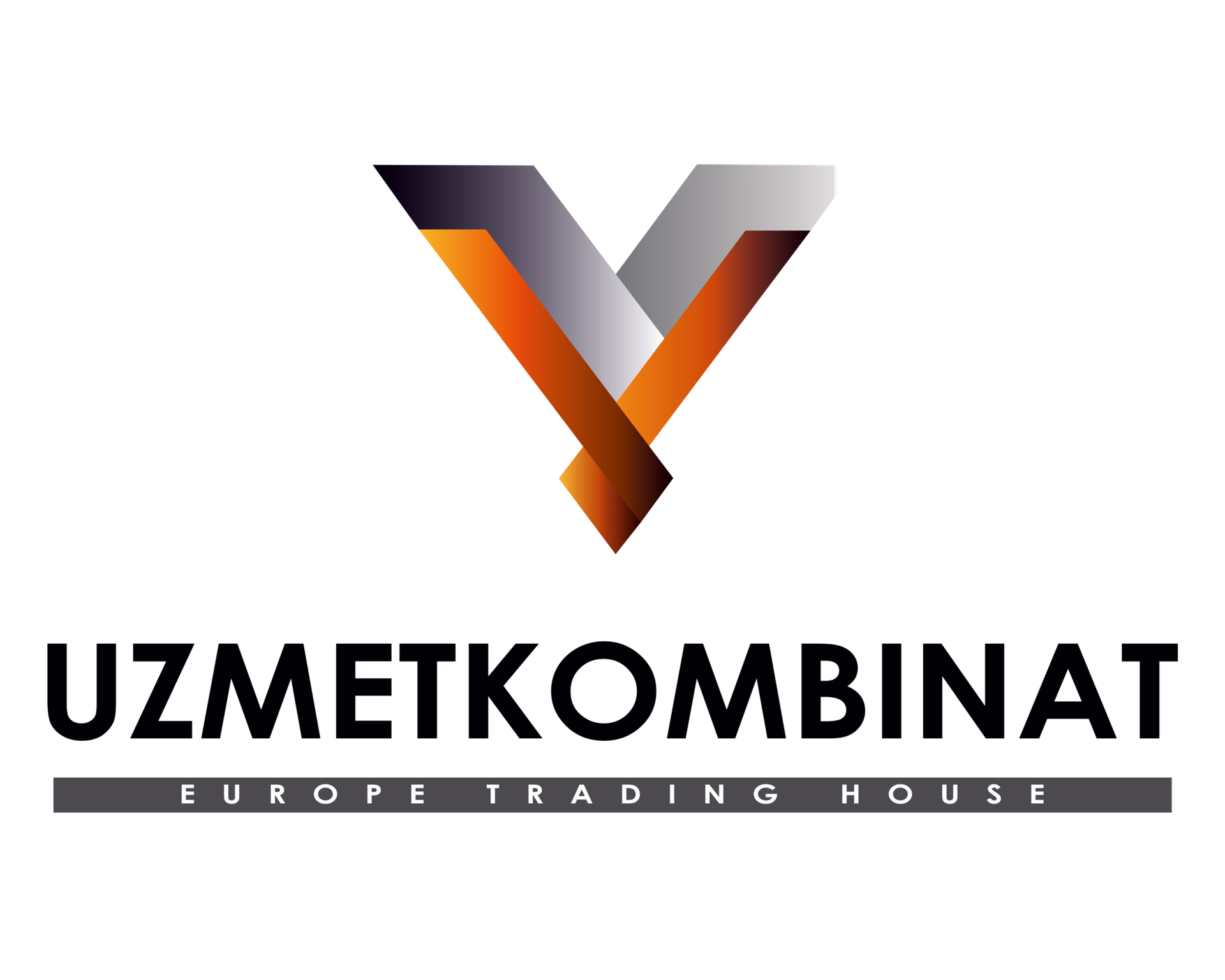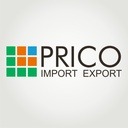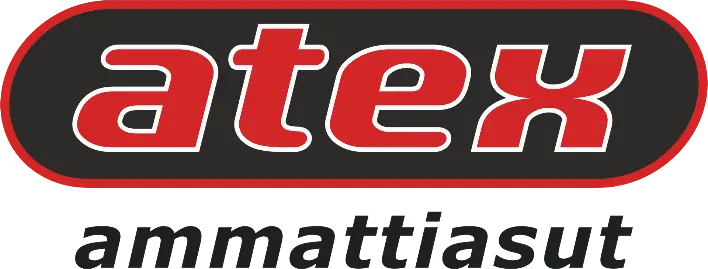In today’s competitive manufacturing scene, companies can’t afford to be slow or unresponsive. Customers want more, and supply chains get tighter, so an Integrated CRM for Manufacturing is vital. The old way of keeping sales and production separate is causing big problems.
What’s the solution? Bringing things together. This means to integrate CRM for manufacturing with production processes.
CRM implementation for manufacturers will allow building a single data environment where teams work towards the same goals with up-to-date information.
The Gap Between Sales and Production
Many small and medium-sized manufacturing companies keep their sales and production teams apart.
- Without the knowledge of current production workloads cause delivery deadlines clash if the salespeople set the deadlines.
- Sales make deals that promise too much, leading to unrealistic orders without technical input.
- Teams can’t see what’s happening in real time, so production lags. People wait for updates from others instead of working together.
- Teams use spreadsheets, emails, and phone calls to track orders, resulting in errors. They don’t have automatic updates.
A 2024 TechInsights study found that 63% of manufacturers say poor communication between departments causes them to miss deadlines and overspend when they haven’t integrated CRM for Manufacturing processes.
How CRM Helps Close the Gap?
A cutting-edge CRM does more than just track leads and seal deals. It serves as a hub that links departments, providing:
- Quote management tied to actual production schedules: Teams create quotes based on real capacity, not guesswork.
- Stock and inventory checks during sales – Sales staff can see current stock levels before making promises.
- Streamlined process from order confirmation to job orders – Smooth handoff from CRM to production plans.
- Tailored pricing and discount rules for each customer – Personal selling that stays within profit limits.
This integrated CRM for manufacturing cuts down on hiccups, reduces mistakes. It also gives salespeople and production heads a unified view of the facts that increases responsibility.
Real-Life CRM in Manufacturing Workflow
Let’s look at a typical manufacturing CRM process example:
Website or Event Captures Lead – Forms built into the system bring lead data straight to the CRM.
- System Creates Quote Fills in Item Info – The system applies prices, taxes, and details based on the customer’s profile and product list.
- Sales Manager Starts Approval Process – Several levels of approval make sure everyone agrees before sending quotes.
- Accepted Quote Alerts Production Planning – As soon as a customer says yes to a quote, production planning gets a signal.
- System Sets Aside Inventory – The system blocks materials for the job so they’re not used twice.
- Sales Sees Production Updates Right Away – Sales doesn’t need to ask for updates; they can check progress in the CRM.
Delivery Date Confirmed to Customer from CRM Dashboard – The workflow visibility allows for accurate and dependable delivery estimates.
Manufacturers who use integrated CRMs cut down order-to-delivery time by up to 35%. (Source: IndustryWeek, 2024)
Main Advantages of Using CRM for Manufacturing
- Quicker Sales Processes
Sales teams can give more precise quotes and finalize deals faster when they can see inventory and production capacity. This helps to avoid do-overs and hold-ups in negotiations.
- Better Predictions
Production teams get timely insights on demand from the CRM. This allows them to plan resources make smarter buying choices, and cut down on wasted materials.
- Less Hand-to-Hand Coordination
Instead of emails and spreadsheets, teams use real-time job assignments. This includes automatic progress updates and alerts. This frees up valuable time for the team.
- Better Customer Experience
Customers see their order status in real time, get professional paperwork. So, they can have their problems solved faster, making them happier and more loyal.
- Growing Without Mess
CRMs that work together let businesses get bigger. It does so by copying and automating how they work, cutting down on losing data or mixed-up messages when they grow.
What to Look For in a Manufacturing CRM?
Not every CRM works for manufacturing. Here’s what makes one good:
- Production and Inventory Integration – Match sales with available capacity and inventory levels.
- Quotation to Job Order Automation – Generate and distribute work from approved sales orders.
- Batch/Serial Tracking and Lot Management – Keep track of regulations and quality checks.
- Workflow Automation and Alerts – Inform teams about jobs, sign-offs, and holdups.
- Mobile Access for On-Site Sales Teams – Allow price quotes and progress checks while out of the office.
- Reporting for Demand & Sales Forecasting – Plan using actual figures.
Systems like modular CRMs (e.g., Odoo) have these functions built in. They let you grow sideways without needing several separate tools.
Light Tech Stack Reference: Modular CRM in Action
A modular CRM lets you:
- Get basic customer processes running with just sales and quotations.
- Grow by adding inventory, purchase, and production modules when you need them.
- Keep your data in one place across customer touchpoints to prevent mistakes and duplicates.
- Skip high upfront licensing fees by paying for what you use, making it great for small businesses.
Example: Many manufacturers begin with lead and quotation modules, then add production and inventory as their processes grow.
Final Takeaway: Businesses Can’t Skip Integrated CRM Anymore
Manufacturing success now hinges on operational harmony. When your CRM fails to communicate with your shop floor, you won’t meet customer expectations, and your internal teams will lag. Embracing an integrated CRM approach goes beyond software. It aims to align people, processes, and data to drive predictable, scalable growth.
The future of manufacturing isn’t automation alone—it’s smart connected systems that think in real-time.
Want to Explore CRM for Your Manufacturing Flow?
If you plan to link your sales and production to improve operational flexibility, modular CRM platforms like Odoo CRM offer a solid starting point that helps integrate CRM for Manufacturers.
Talk to our experts or drop us an email at sales@apagen.com or give us a call back at: +91 9971 800 665






